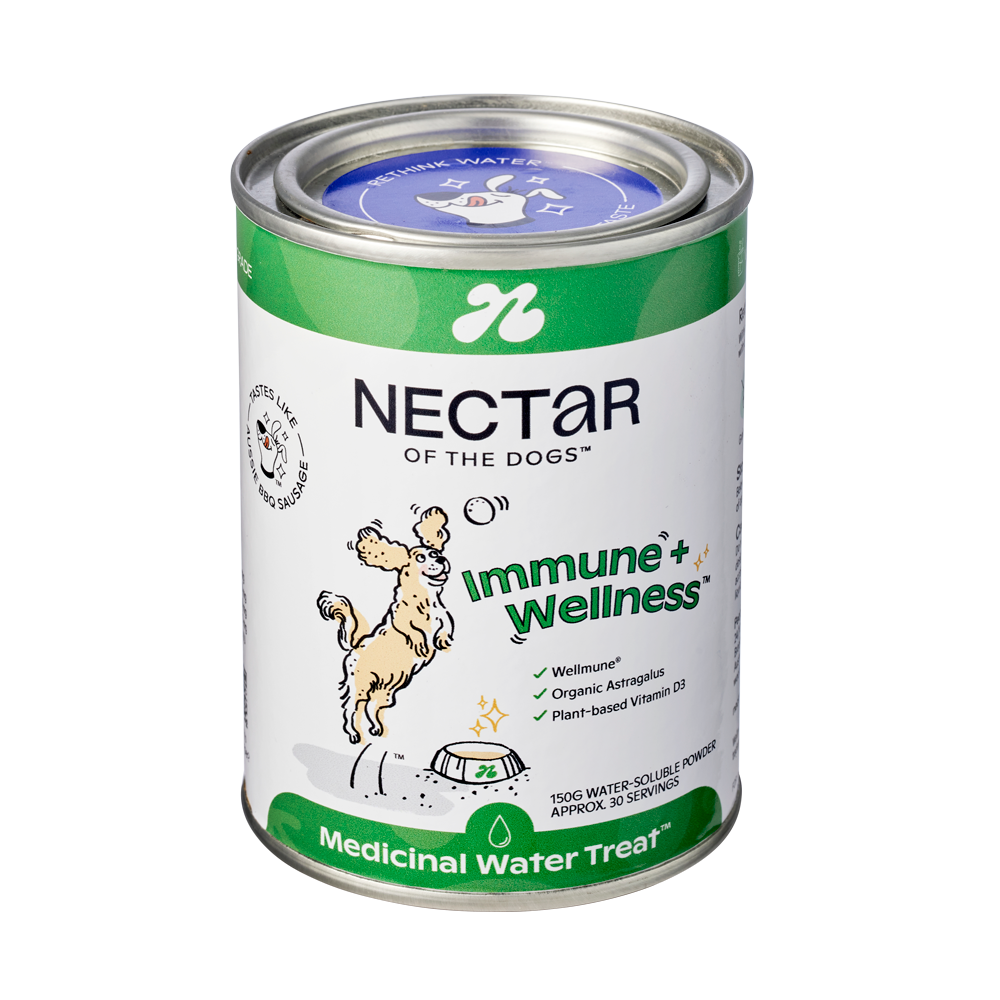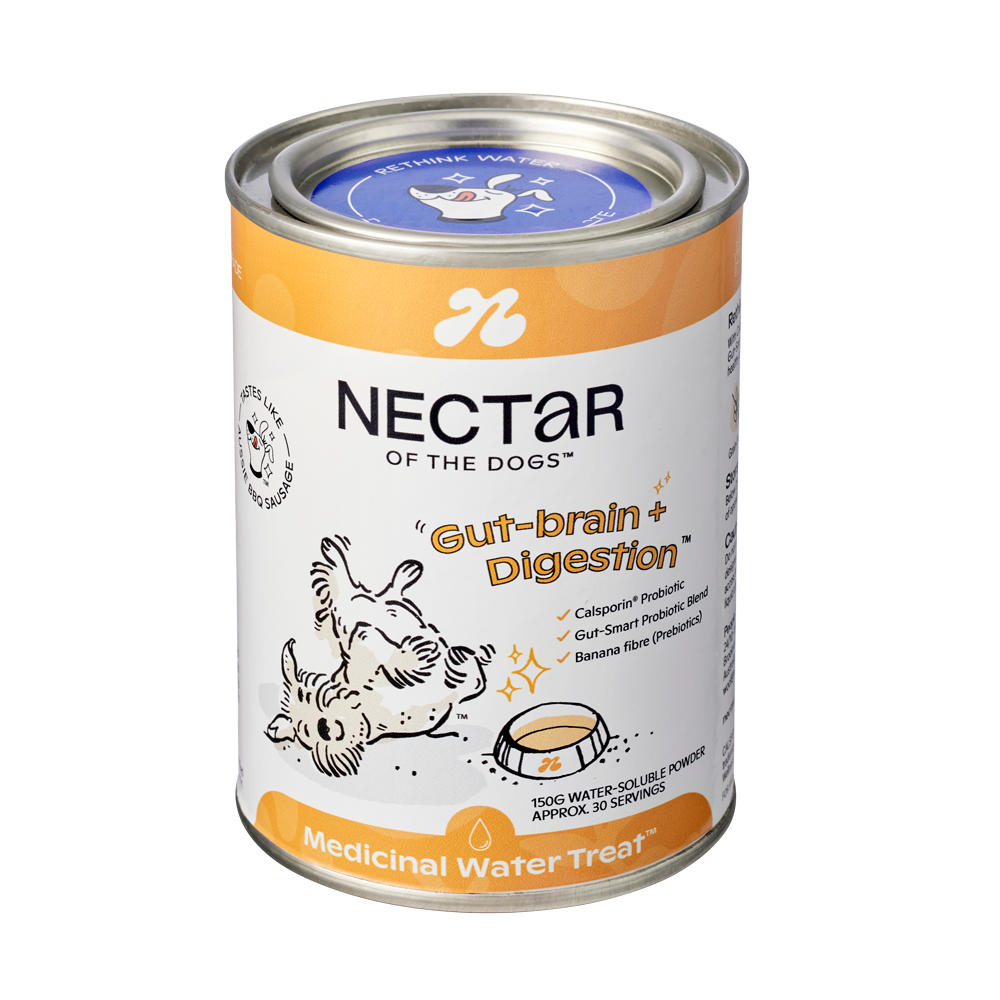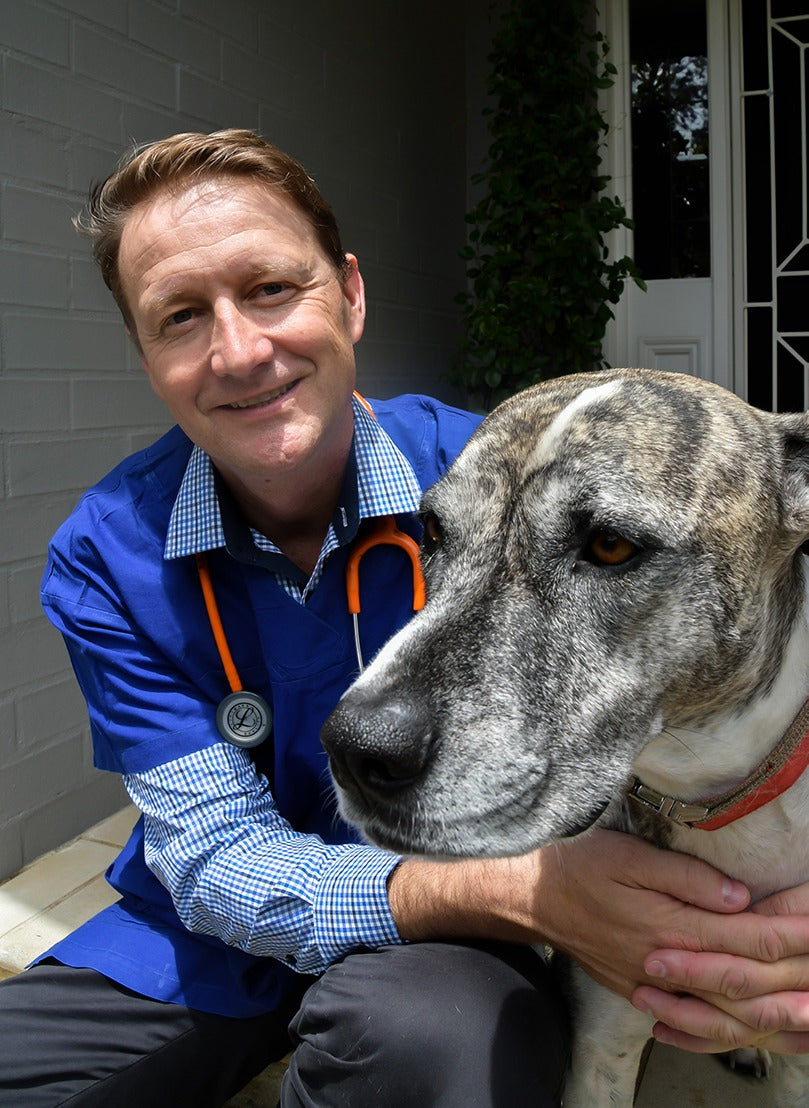Navigating the world of pet insurance: A guide
While all pets would benefit from having insurance to cover medical bills and accidents, there’s no denying that dogs have a special way of landing themselves in the vets more regularly than other animals.
Whether it’s eating something silly or hurting themselves by running around like crazy, dogs are full of life and this can come with risks. Like us, our beloved pets are also prone to a myriad of health conditions which can affect their livelihood and be costly to treat. For peace of mind and to keep their companion healthy many pet parents are now turning to insurance for their pets.
But which one is the best? We all know that pet insurance is one of the most important things to consider as a dog owner, but how can you choose?
We spoke to Dr Stephen Rose about the world of pet insurance to get a better understanding of how pet insurances work and how to choose the best one for your dog.
About Dr Stephen Rose
Dr Stephen Rose is an experienced veterinarian of 20 years, having worked in mixed animal practice, owned his own veterinary hospital doing a lot of after hours emergencies and then also managed a group of 12 corporate hospitals.
As a CEO and founder of Trupanion Australia (a leading pet insurance), his vision is to allow pet owners to budget for the unexpected, and change the conversation at the veterinary hospital. Trupanion Australia has allowed Dr Steve to spread his ability to help pets, far beyond one patient at a time. He aspires to offer every Australian pet and their family the chance to get veterinary help in the tough times.
Why should every pet owner consider pet insurance?
We kicked things off by talking about the importance of pet insurance in general. While dogs are super intelligent, they can also be clumsy and goofy from time to time, getting themselves into all kinds of mischief.
Owners can easily fall into the trap of thinking “my dog’s young and healthy so it doesn’t matter” or “my dog wouldn’t do anything silly”, before finding that they too are capable of getting into accidents or having health complications.
Dr Stephen Rose explains; “People don’t understand the cost of quality veterinary care, until they experience it”. By that point, of course, it’s often too late.
“A lot of people don’t anticipate the level of care a dog might need throughout their life, and estimating how much a dog will cost you over a lifetime is near impossible”.
“We can estimate the average cost of the care of a dog. So with a certain breed, we know that it’s going to be x amount over its lifetime. But the reality is, it just doesn’t work that way. What if they’re unlucky?”.
Vet bills can quickly add up, and if a dog is diagnosed with an underlying condition that requires constant treatment, owners can struggle to fund the care.
What should you look for in pet insurance?
Dr Rose suggests that each dog will be different, and each pet parent will be too.
“You have to do some inner reflection on what kind of pet parent you are”, he says. “If you’re a pet parent who wants to sleep well at night, and wants to know if they swallow a corn cob on Christmas Eve that you’re covered and can just say yes to any plan A that the vet recommends then you need quality, comprehensive cover”.
Ideally, you want to look for a provider with no payout limits or sub-limits on claims. You also want to know that the majority of diagnosis and treatments are covered, including new accidents, injuries and illnesses.
Do you need comprehensive cover or can you opt for cheaper pet insurance?
There is currently an uplift in the services a vet can offer and an increased desire from pet parents to want comprehensive coverage. This is also true of vets, who want dogs to have the most broad and comprehensive insurance cover, so that they can deliver the best results on the day.
As Dr Stephen says, “pet owners want the best for their pet, they don’t want that cheaper option. But there’s that disconnect between what the vet wants to do and what the owner wants and the cost of the care that they’re willing to pay for”.
Vets will often give plan A which is their best option and plan B or C which might be more affordable and in line with a pet parent’s budget if they don’t have insurance cover. Naturally, both pet and owner will want the best for their dog, but in cases where they don’t have insurance this isn’t always achievable. That’s where comprehensive cover with a low excess is valuable, because you never know when your dog is going to need it.
Will my dog even need insurance?
Dog owners always want to know how they can avoid claiming on their insurance by keeping their dog healthy. The obvious rules apply - follow a healthy lifestyle and decrease risky lifestyle factors.
However, while an active lifestyle and a good diet is always a top recommendation of vets, Dr Stephen says that “it’s often genetics more so than lifestyle” that will dictate how healthy a dog can be.
For example, trending breeds like pugs and bulldogs can have breathing difficulties and unnaturally shaped dogs like dachshunds are prone to back issues and even paralysis.
While you can do everything possible to keep your dog healthy - feed them a clean diet, supplement their nutrition, give them varied exercise and so on - there is no way of knowing when your dog might get into trouble.
That’s why pet insurance is just so valuable. Want to learn more about which pet insurance is right for your pup? Listen to the full podcast episode with Dr Stephen Rose here.













